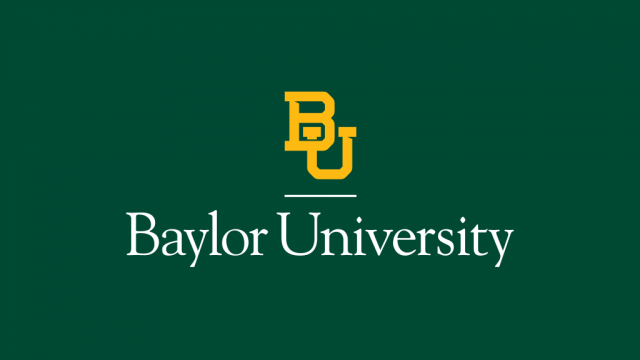Newswise — WACO, Texas (Jan. 12, 2015) – As long as there are servers in restaurants, there will be disagreeable customers who give them a hard time. Are those customers always right? And how should a server respond?
A server’s response in a tense situation reflects – positively or negatively – on the server, the customer and the company, said Emily Hunter, Ph.D., workplace deviance expert and assistant professor of management in Baylor University’s Hankamer School of Business.
“When we think about someone else being right, it tends to make us defensive and argumentative,” Hunter said, adding that, in those situations, it’s in everyone’s best interest to keep revengeful retaliations in check. “If the server can focus on improving the customer’s experience and satisfaction, that is a win-win-win for the server, customer and company.”
Hunter co-authored a study of 438 service employees (servers, hosts/hostesses, bartenders, cashiers, etc.), which showed that the vast majority of those surveyed engaged in some sort of counterproductive workplace behavior when aggravated by a customer. Among the offenses: 79 percent made fun of a customer to someone else; 72 percent lied to a customer; 43 percent argued with a customer; 19 percent confronted a customer about a tip; and 6 percent owned up to contaminating a customer’s food.
“It doesn’t matter so much whether the customer is right or wrong,” Hunter said. “Instead of getting defensive and argumentative, servers can try to remove the question of who is right and reframe the situation, focusing on: ‘How can you make this customer’s experience better?’”
Employers and managers can take preemptive steps to help their employees engage with meal-time curmudgeons. Hunter offered the following tips:
• Train employees to use healthy coping strategies, such as emotional detachment from customer interactions.
• Institute an open-door policy so employees feel comfortable to seek management’s help with a customer.
• Provide frequent rest breaks to help servers reduce stress, refresh and reenergize.
• Empower employees to provide small discounts or reparations as needed.
“It is well-known in the research literature that providing employees with greater job control helps employees cope with stressful demands at work,” Hunter said. “Providing servers with more control, flexibility and empowerment to handle customer issues can buffer buildup of stress and prevent employees from retaliating at their customers.”
Editorial note: January is Be Kind to Food Servers Month.
ABOUT BAYLOR UNIVERSITYBaylor University is a private Christian University and a nationally ranked research institution, characterized as having “high research activity” by the Carnegie Foundation for the Advancement of Teaching. The University provides a vibrant campus community for approximately 16,000 students by blending interdisciplinary research with an international reputation for educational excellence and a faculty commitment to teaching and scholarship. Chartered in 1845 by the Republic of Texas through the efforts of Baptist pioneers, Baylor is the oldest continually operating University in Texas. Located in Waco, Baylor welcomes students from all 50 states and more than 80 countries to study a broad range of degrees among its 12 nationally recognized academic divisions. Baylor sponsors 19 varsity athletic teams and is a founding member of the Big 12 Conference.
ABOUT HANKAMER SCHOOL OF BUSINESSBaylor University’s Hankamer School of Business provides a rigorous academic experience, consisting of classroom and hands-on learning, guided by Christian commitment and a global perspective. Recognized nationally for several programs, including Entrepreneurship and Accounting, the school offers 24 undergraduate and 13 graduate areas of study. Visit www.baylor.edu/business and follow on Twitter at twitter.com/Baylor_Business.
